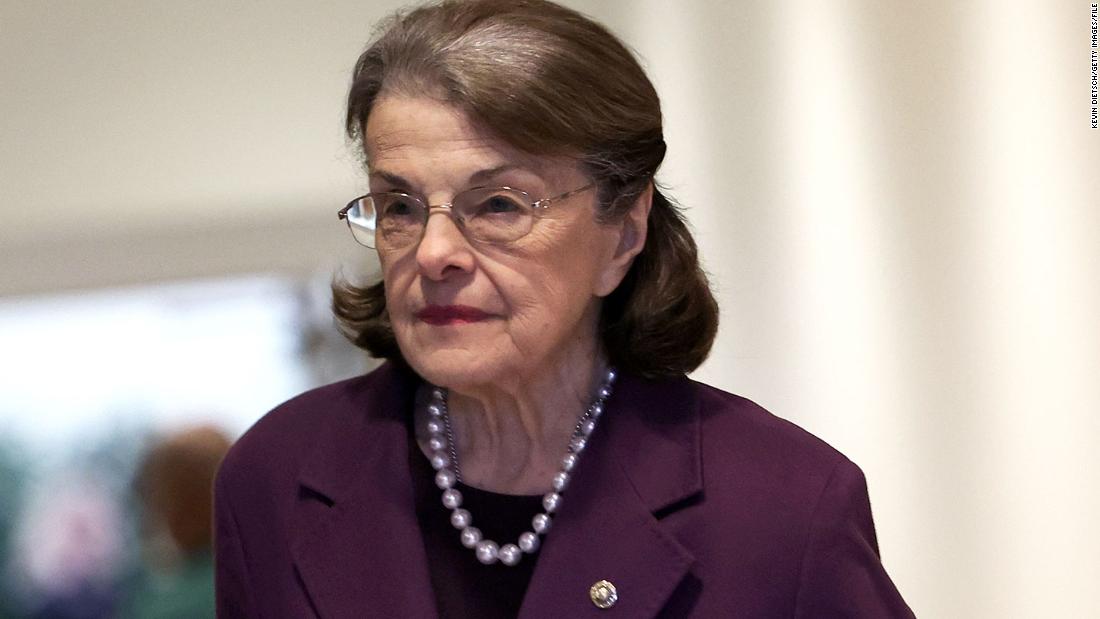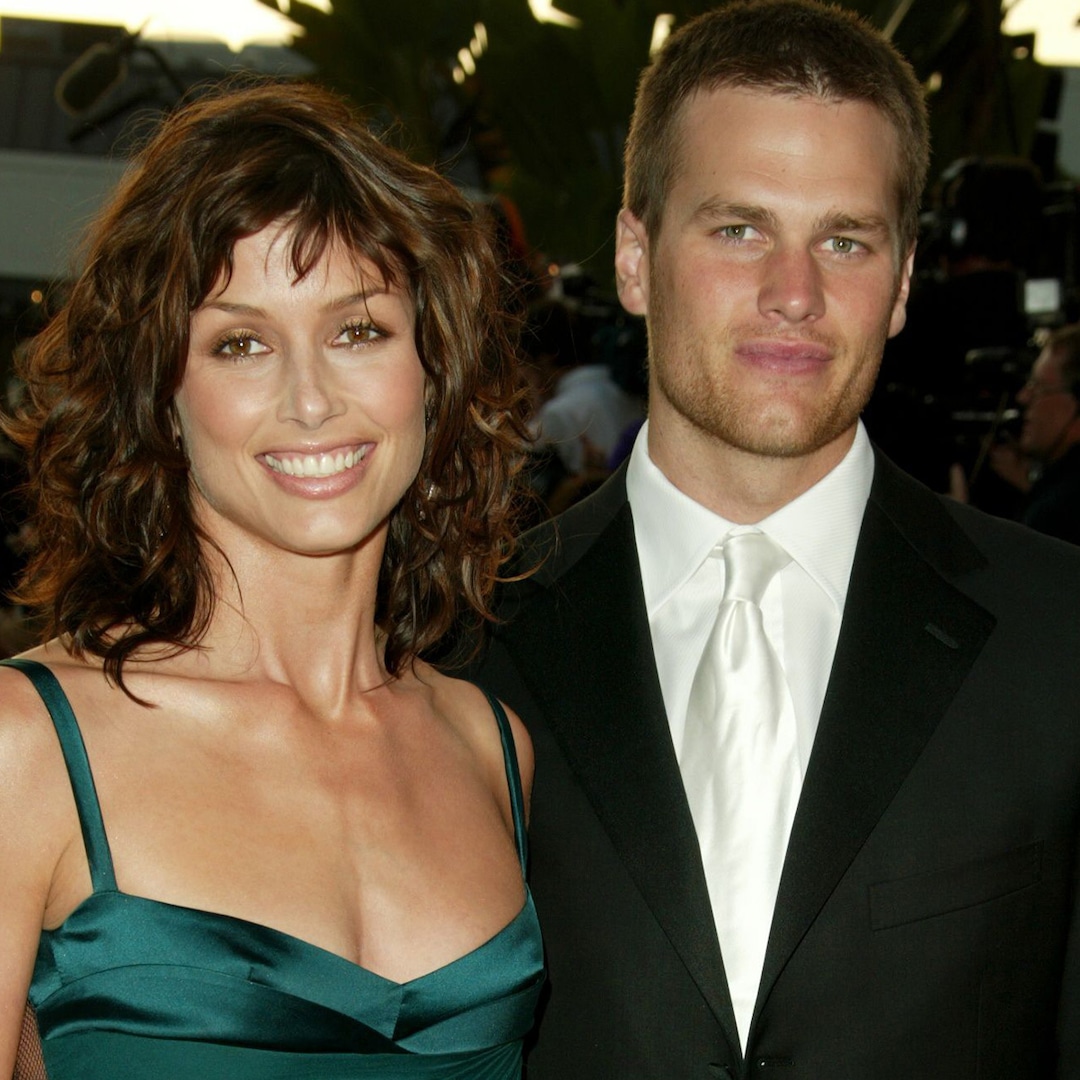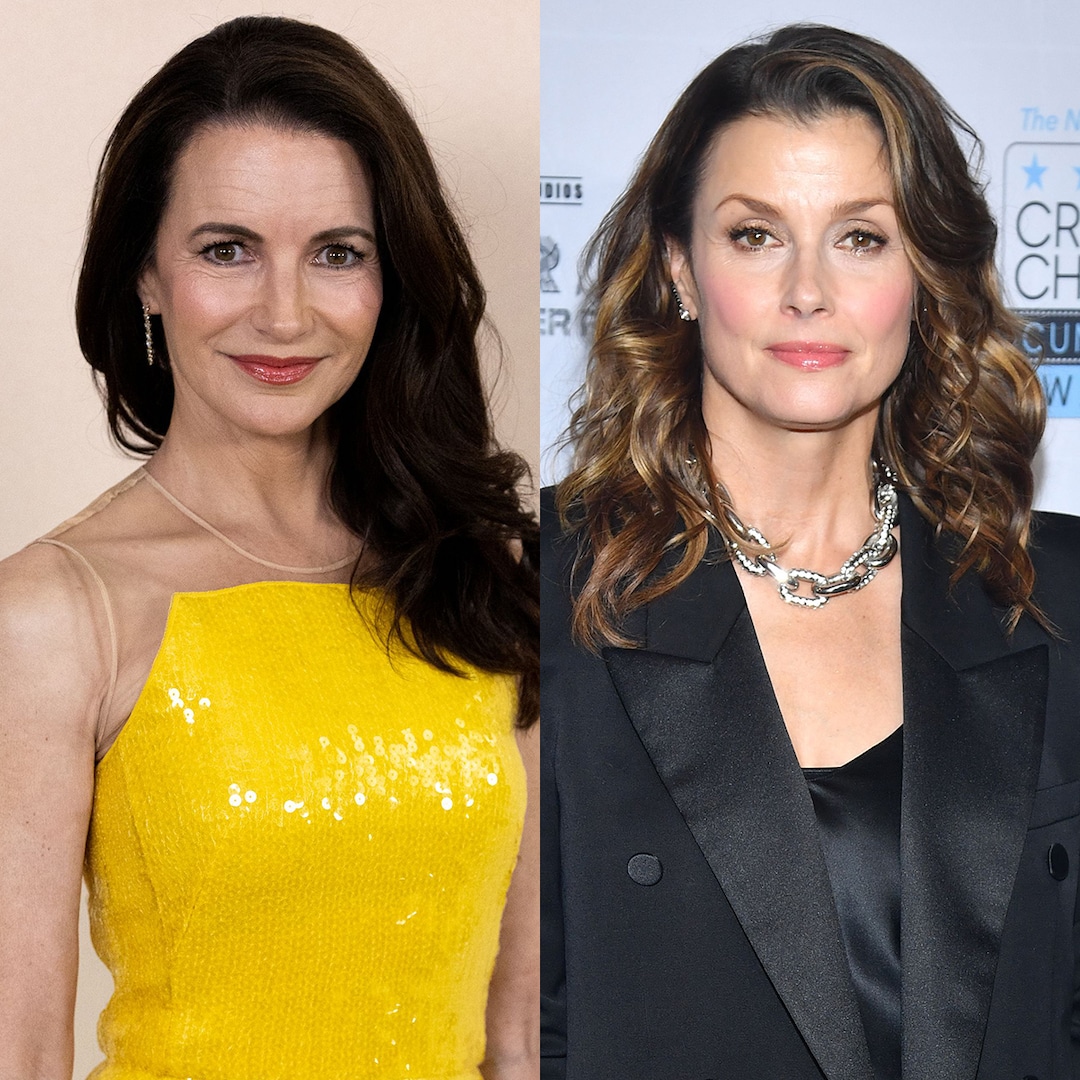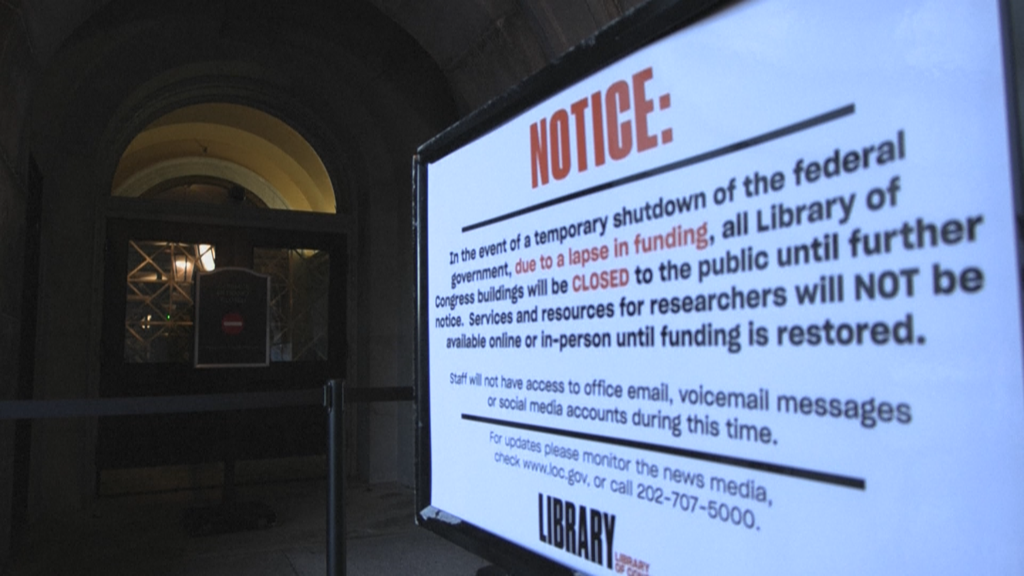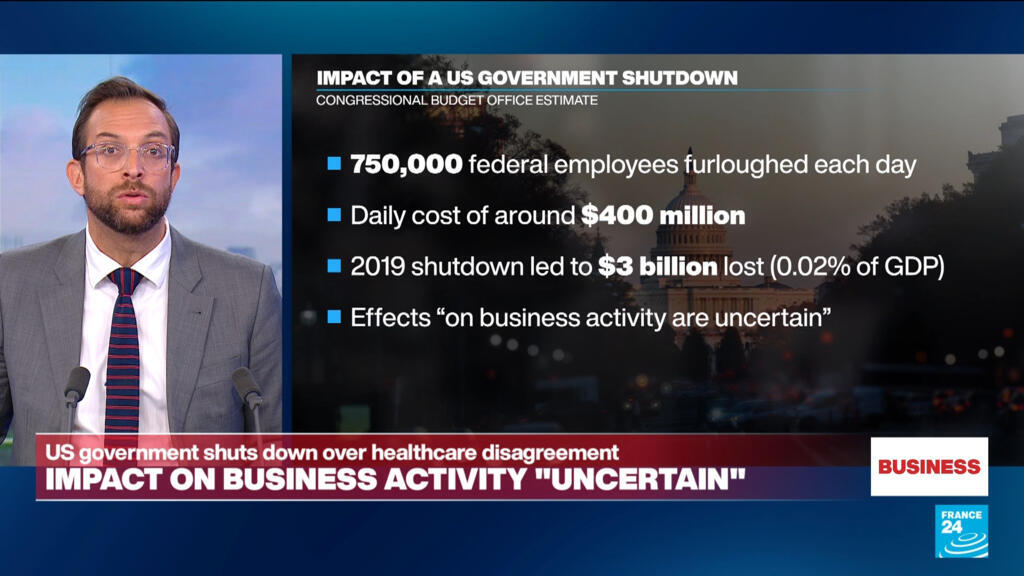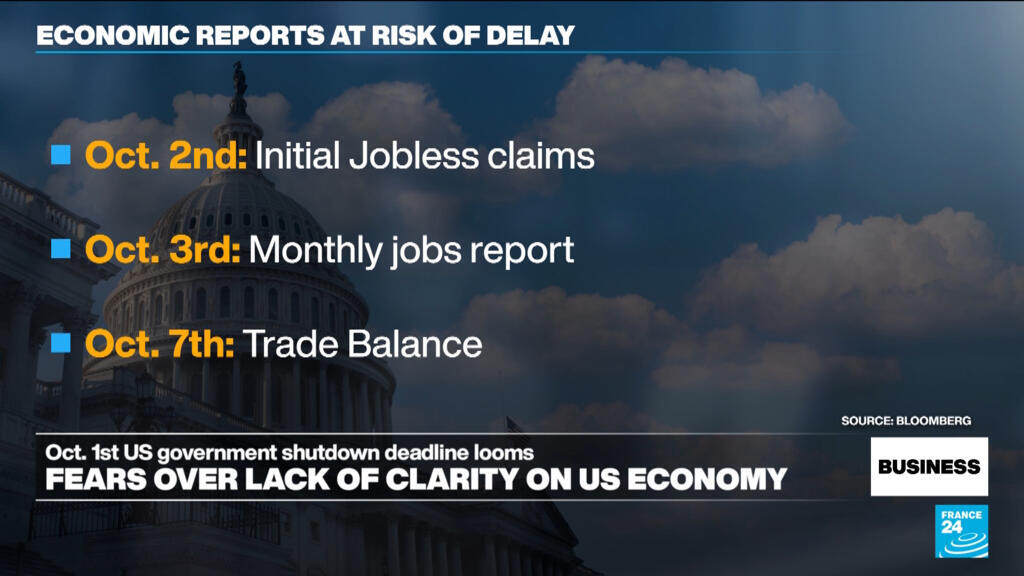The Smashing Machine — Dwayne Johnson’s Most Transformative Role Yet
As we sit here today, the sport of mixed martial arts has never been bigger. Paramount and the UFC recently announced an $8 billion television rights deal to bring exclusive UFC streaming to Paramount+ starting in 2026. It’s staggering to consider that just 35 years ago, the sport was banned in most U.S. states. Back […] The post The Smashing Machine — Dwayne Johnson’s Most Transformative Role Yet appeared first on Houston Press.


As we sit here today, the sport of mixed martial arts has never been bigger. Paramount and the UFC recently announced an $8 billion television rights deal to bring exclusive UFC streaming to Paramount+ starting in 2026. It’s staggering to consider that just 35 years ago, the sport was banned in most U.S. states. Back then, Senator John McCain infamously labeled it “human cockfighting.” Now, UFC President Dana White is in the planning and preparation stage of having a fight card at the White House to celebrate America’s 250th birthday next July.
MMA has grown faster than almost any other sport in American history. Fans know the household names — Jon Jones, Conor McGregor, Ronda Rousey, Brock Lesnar. But the early pioneers who paved the way often don’t get their due. That’s what makes The Smashing Machine so compelling.
Directed by Benny Safdie (half of the Safdie Brothers behind Uncut Gems) and produced by A24, the film adapts the 2002 documentary The Smashing Machine: The Life and Times of Extreme Fighter Mark Kerr. It chronicles Kerr’s rise as an early UFC heavyweight, his dominance in Japan’s Pride Grand Prix, his battles with addiction, and his struggles to balance glory in the ring with chaos in his personal life.
Dwayne Johnson stars as Kerr, alongside Emily Blunt as Dawn Staples, Kerr’s girlfriend (and later wife). The pairing is already proven — the two co-starred in Disney’s Jungle Cruise — but here their chemistry is transformed into something raw, volatile, and deeply human. Their scenes together are arguably the strongest in the film.
Johnson’s performance is the most daring of his career. Through prosthetics and meticulous makeup, he physically disappears into Kerr. More impressively, he embodies Kerr’s speech patterns, mannerisms, and emotional fragility. Longtime MMA fans will recognize the subtle tics and broken rhythms of Kerr’s life outside the cage. For once, Johnson isn’t playing The Rock; he’s shedding the bravado to reveal something messy, haunted, and vulnerable. It’s startling — and it works.
Blunt, meanwhile, is effortless. Her portrayal of Dawn carries volatility, tenderness, and an undercurrent of heartbreak. In fact, she elevates the entire film. If there’s one awards-season campaign that deserves to gain traction, it’s hers.
Safdie’s direction helps push the film beyond standard sports biopic terrain. Fight sequences lean into tactile realism. Safdie laces in mixed textures (archival-like grain, video roughness) to blur documentary memory and dramatized present.
I got to speak with the subject of the film himself and I asked Mark Kerr about the emotional wallop of seeing his life on screen — especially after Dwayne Johnson said on The Tonight Show that Kerr was visibly shaking at the Venice premiere — he didn’t hesitate. Kerr told me: “You know, it was the first time that I saw the fully cut version of it. I had seen a, like, 80 percent complete version earlier in the year. And it was the first time I had seen a complete version… and it just hit me a different way. It completely hit me a different way … it was like watching a home movie, right? And watching my behavior that I go, that wasn’t very good, you know? Everybody’s watching it and I’m feeling it.”
He continued: “And I was like, oh my gosh, that’s what I’m feeling. And, you know, I start bouncing my leg and bumping into Dwayne, and I end up holding Benny Safdie’s hand for the last half hour of the movie because it just was like they empathize and totally can feel me. And it was just this beautiful moment where I look at it like it was therapy — it was a lot of seeing my part a lot clearer than I probably have ever seen it.”
We also talked about the film’s final beat — a present-day tag that shows Kerr grocery shopping. Kerr told me about the choice: “Oh my God, that was— that was Benny, like going, ‘Hey, I need you to go to New Mexico.’ I’m like, ‘Oh, okay… we’re filming in Mexico,’ And then he described it. He goes, ‘Here’s what we’re going to do.’ And I go, ‘Okay, like, what’s the— like, where’s the—’ and he goes, ‘You’re okay. You’re alright, man. You made it through all this stuff.’ And you imagine, like, the end of the documentary— it left that big blank space, right? Like, where is he now? What happened? What’s he doing?’”
He continued: “And then you watch the film, and then the end of it is me in the grocery store. And it kind of fills that gap in where, no matter what happened between end of the film, or the end of the documentary — here I am. You know, and everything’s good.”
While Kerr got a certain level of catharsis from the movie and audiences will enjoy the overwhelming majority of the movie, not everything lands perfectly. Kerr’s story is complex, and while the film covers his fights, his drug abuse, and his redemption arc, certain choices feel uneven. Blunt’s character disappears late in the movie without much resolution beyond end-credit text. At times, Johnson’s unmistakable presence works against him; there are moments where his famous face shines through and the illusion falters — though those moments are fleeting.
The direction is a mixed bag. Safdie’s trademark raw style creates moments of striking authenticity — early ’90s sequences feel like recovered fight footage — but the pacing is uneven. A bizarre shopping montage in Japan drags and the film’s closing moments, with Kerr reflecting in the arena after a loss, don’t quite feel earned.
Still, The Smashing Machine succeeds in redefining what a Dwayne Johnson performance can be. If there’s ever been a role that could put him in Oscar contention, this is it. While the Best Actor race is already crowded with the likes of Leonardo DiCaprio (One Battle After Another), Timothée Chalamet (Marty Supreme), Ethan Hawke (Blue Moon), and Wagner Moura (The Secret Agent), Johnson could very well compete for that elusive fifth spot. A Golden Globe nod feels likely. An Oscar nomination? Possible. And this time, deserved.
Ultimately, this film isn’t just about MMA. It’s about a man fighting himself as much as his opponents. Kerr was one of the most important — and overlooked — pioneers of the sport. The Smashing Machine ensures that his story, and his humanity, finally get the spotlight they deserve.
Recommendation: Yes. Whether you’re an MMA fan or just love seeing a superstar break type, The Smashing Machinedelivers an emotional knockout.
The post The Smashing Machine — Dwayne Johnson’s Most Transformative Role Yet appeared first on Houston Press.







